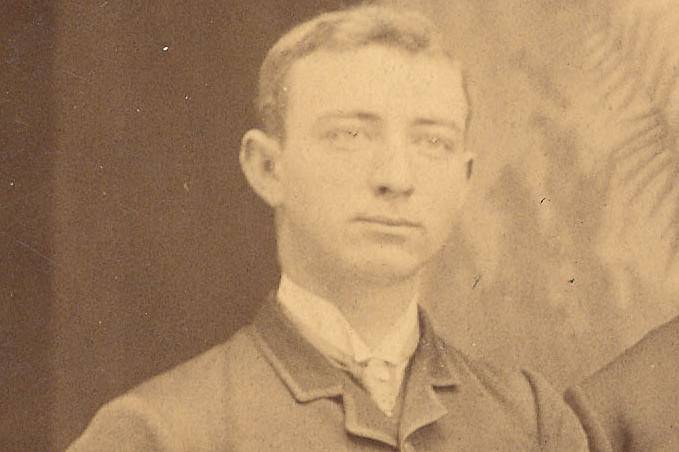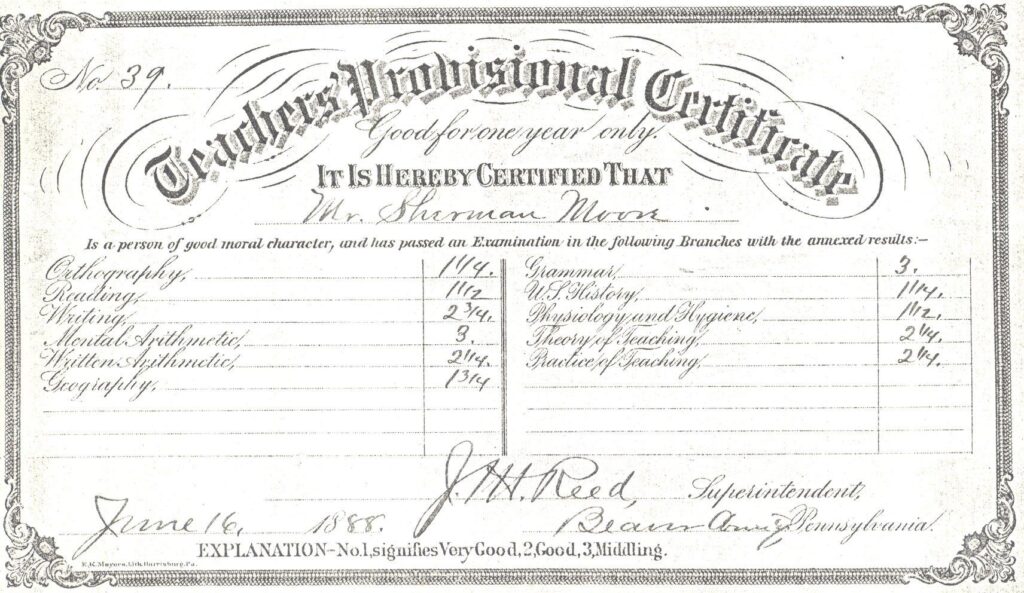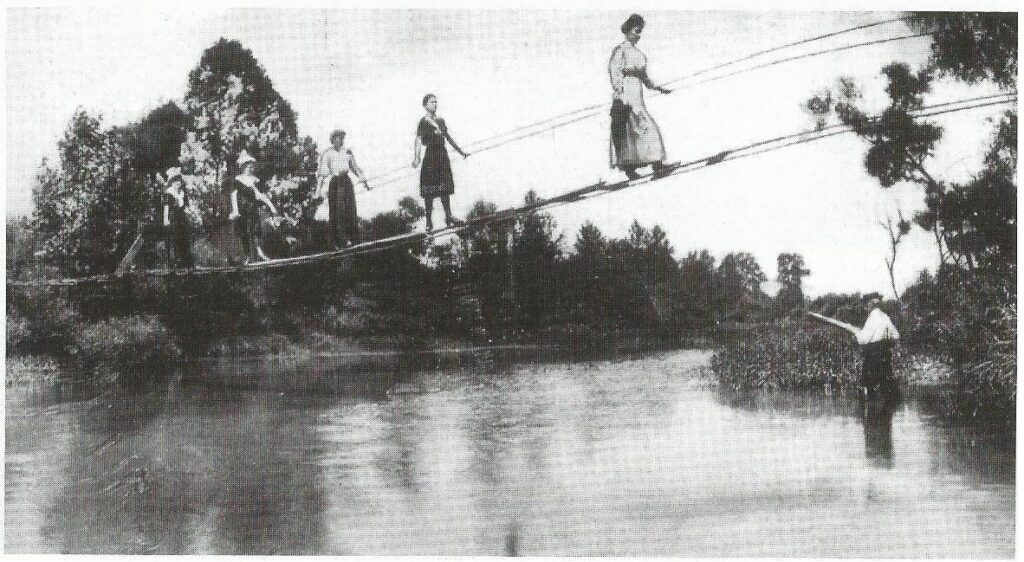Little Beaver Historical Society Podcast
Special Online Digital Exhibit
The One-Room School House
Teachers
A Calling & Profession

The teachers that taught in the one room, rural schools were very special people. During the winter months they would get to the school early to get a fire started in the potbelly stove, so the building would be warm for the students.
On many occasions they would prepare a hot, noon meal on top of the stove, usually consisting of soup or stew of some kind. They took care of their students like a new mother hen would care for her newly hatched chicks; always looking out for their health and welfare.
I like to consider that they taught the five “R’s” instead of the traditional three–the last two being respect and responsibility.
1888 Teaching Certificate

1830 Teaching Contract
Teaching contract between David McCombs and residents of Hanover Township. From an article in the Beaver Times, May 12, 1881, contributed by Clyde Piquet. Reposted in “An Old School Document” (Milestones Vol 23 No 2 Summer 1998). This article explains that Mr. James McCombs, of Greene Township, found this document in his deceased father’s old papers. Because it was in such faded condition, its contents were transcribed and published in the newspaper.
Article of agreement between David McCombs Teacher, and we the undersigned subscribers all of Hanover Township, Beaver County, and Commonwealth of Pennsylvania, witnesseth that the said McCombs doth agree to teach reading, writing, and arithmetic to the best of his skill for the term of six months, in the Traves school house; school to commence as soon as the school is made up, and to keep regular hours.
We the subscribers do agree to pay the said David McCombs, at the rate of four dollars and seventy-five cents per scholar, one half in grain, payable quarterly. We do also agree to make the school house comfortably and furnish fuel and very necessary for the convenience of teaching. The said teacher reserves every other Saturday and one week in harvest to himself, all other lost time to be made up.
The school may be ruled by three trustees chosen from among the employers, such as they may think fit, whose duty it shall be to visit the school at least once every month and make such regulations as they may think the school needs; each party shall be free at the end of every quarter by showing good reason. In testimony we have set our names April the 7th, 1830, the grain to be delivered in harvest:
Wirt. P. Hammond, 3 John Gibb, 2 Peter Lance, 2 Alexander Gibb, 1-1/2 George White, 1-1/2 Chas. Smith, 2 Jno. Creery, 1 Wm. Mars, 1 Wm. Nickleson, 1 David McCombs, 2 Chas. Anderson, 1- 1/2 Esther Hartford, 1- 1/2 Jas. Hartford, 1/2 Jacob Stiffler, 1 Mary Harper, 1 Wrn. Harvey, 1
Early Professional Development for Women Teachers

At the start of the 20th Century the working women in America were beginning to be accepted on a par with men. Their first venture was into the field of education where they easily found employment as teachers in a profession that had once been dominated by only men. Ira Mansfield had a desire to share his curiosity of nature and broaden the thinking of the young students in Beaver County. He reasoned that he must first teach the teachers to appreciate what the world had to offer. So he formed the ladies’ Robin Hood club comprised of school teachers whose purpose was to steal knowledge from the world about them and give this knowledge out later in the classroom. Not all of the club’s time was spent camping in tents, visiting water falls and studying the flowers that grew along Little Beaver River. Mansfield writes that the club visited the Phoenix Glass Works (Monaca, PA) where glass was blown into walking canes and listened to lectures by judges who spoke of the courts and jails.
You must be logged in to post a comment.